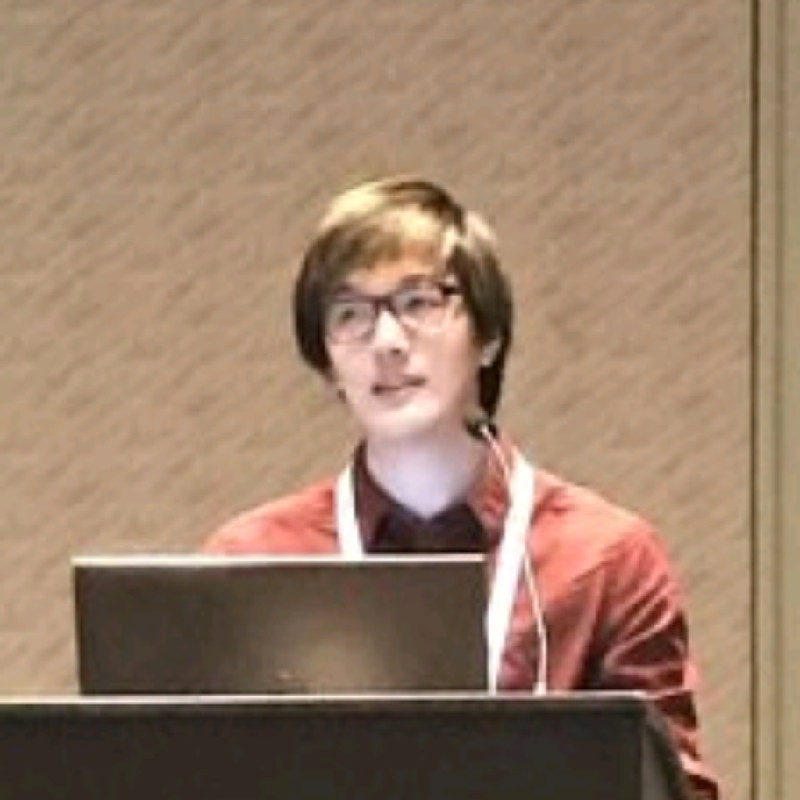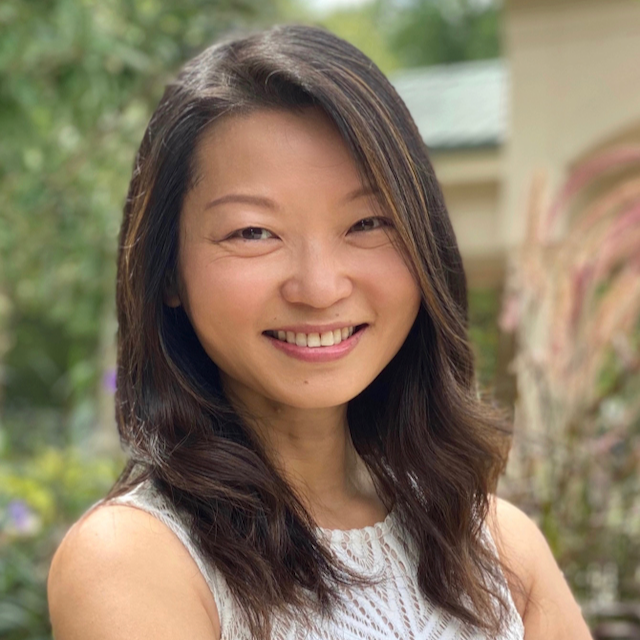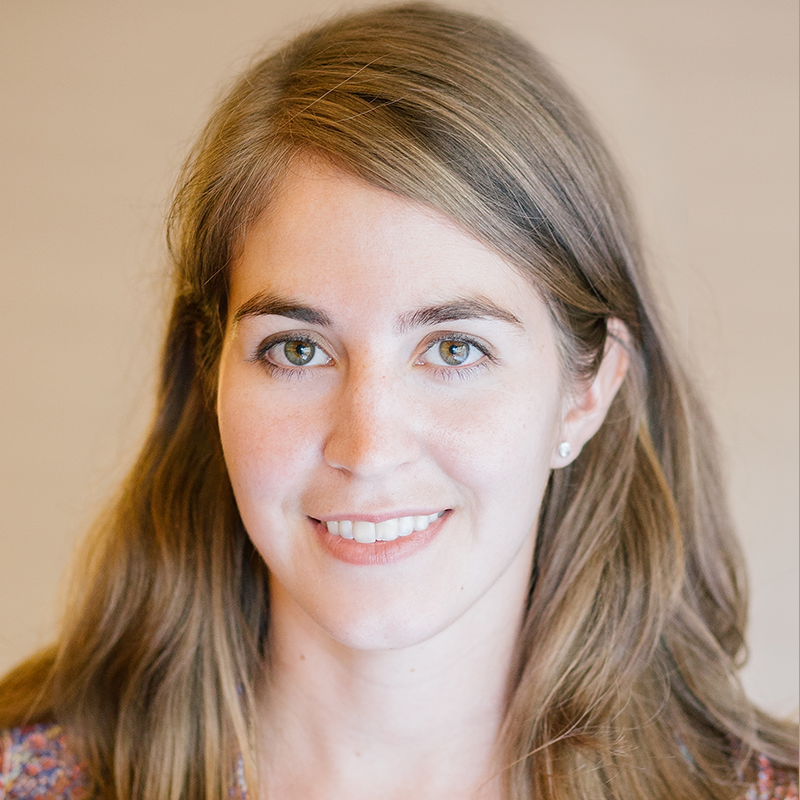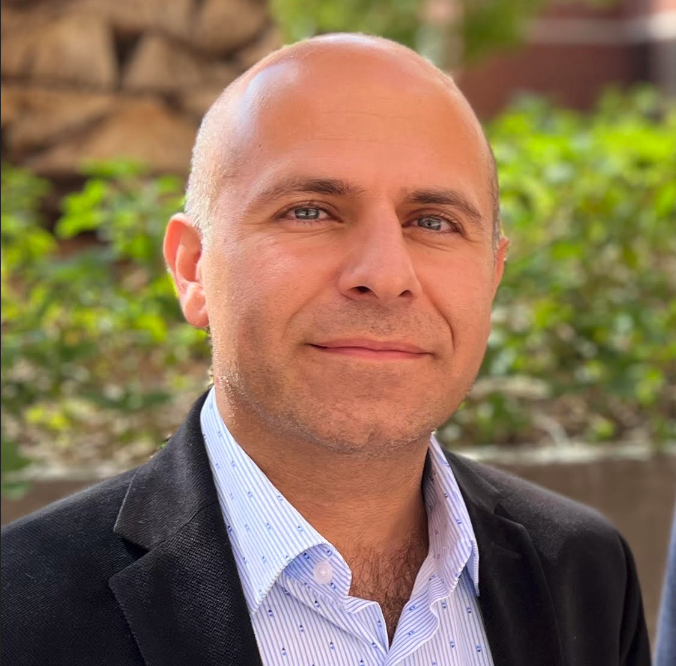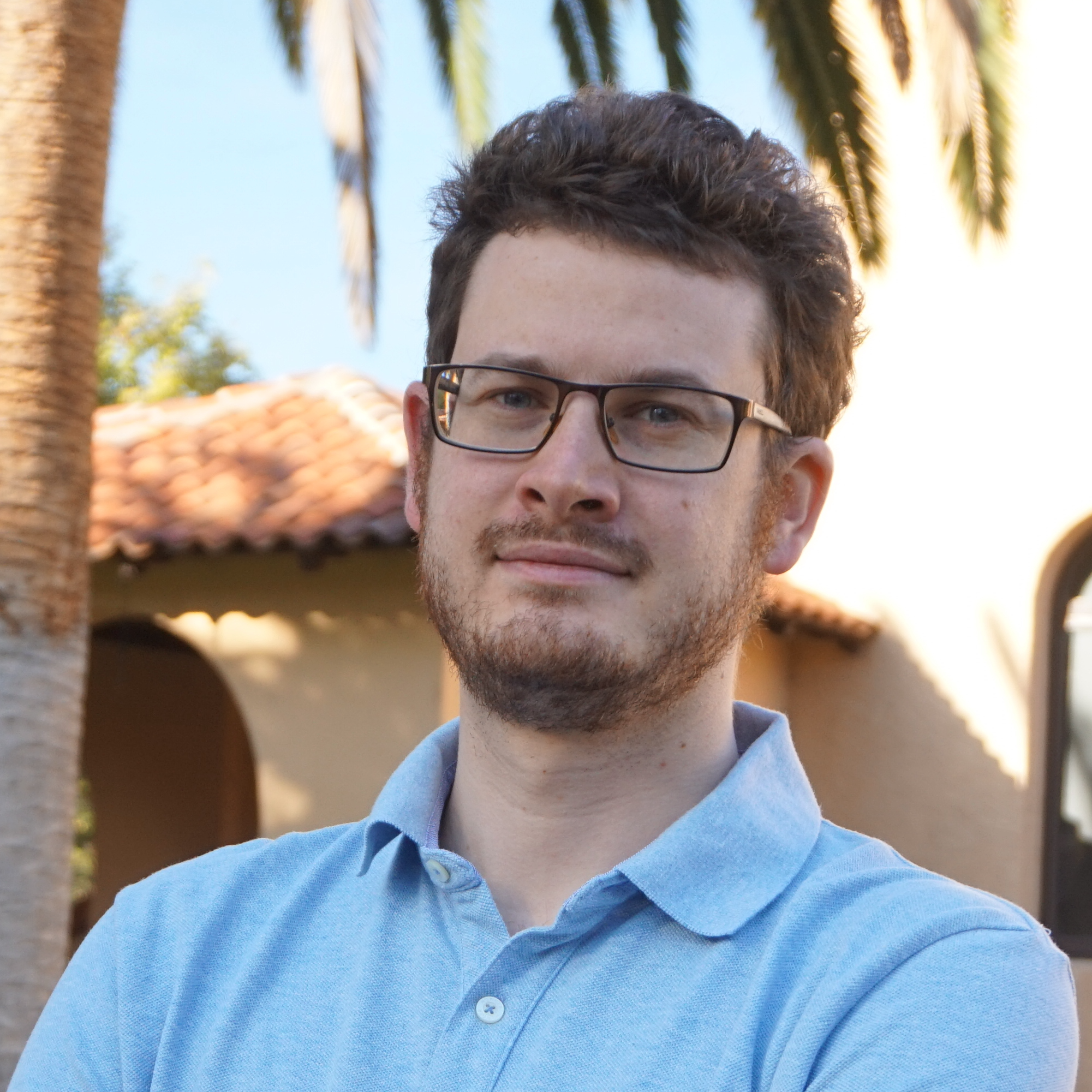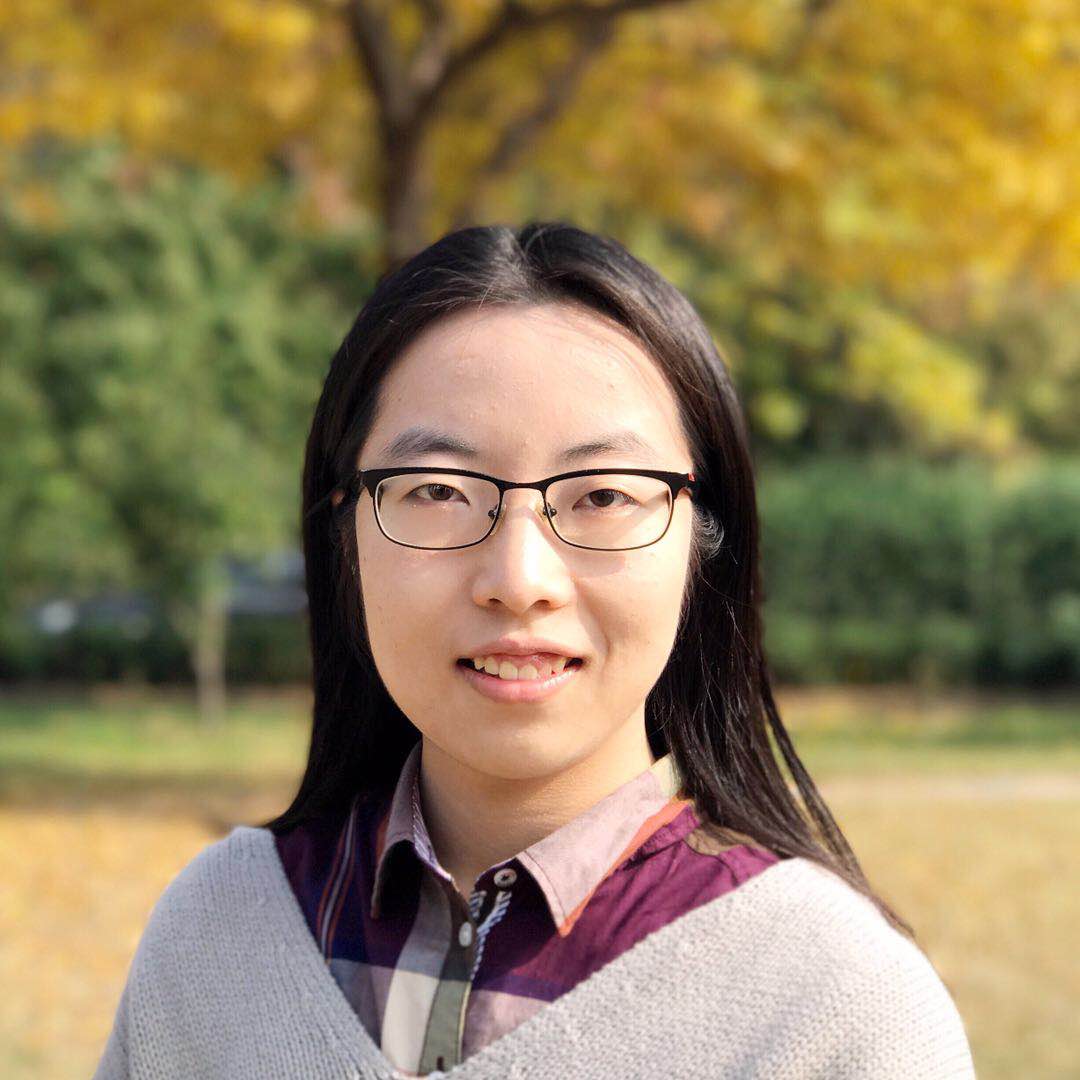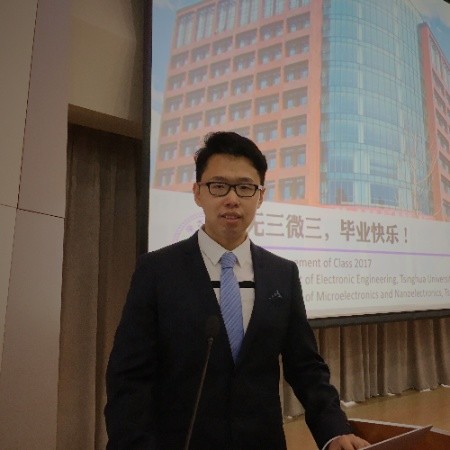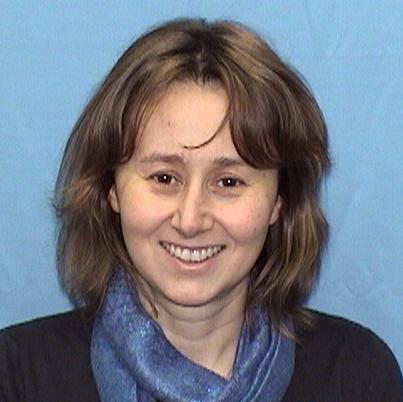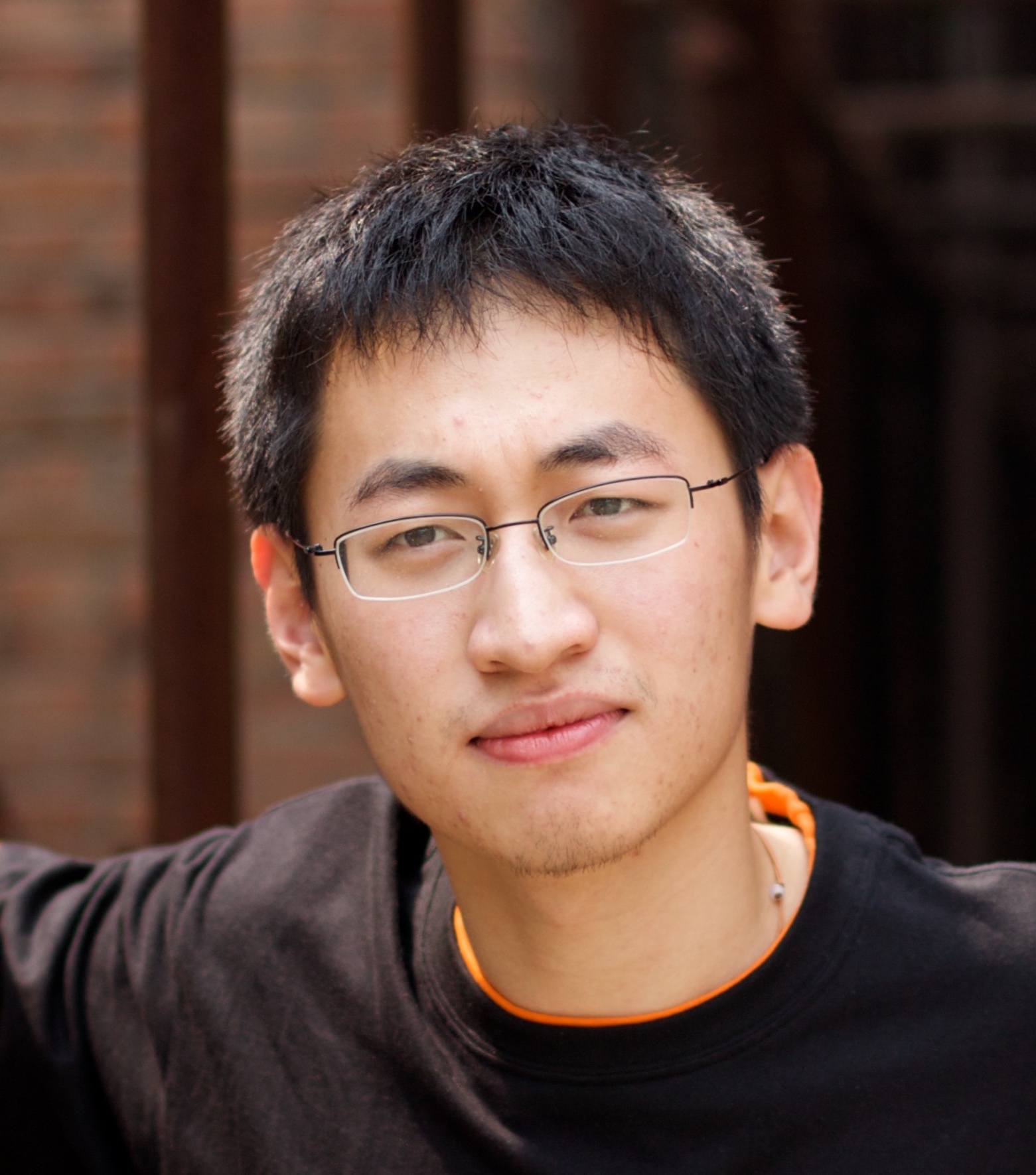About
FL @ ICML 2023
Proposed in 2016 as a privacy enhancing technique, federated learning and analytics (FL & FA) made remarkable progress in theory and practice in recent years. However, there is a growing disconnect between theoretical research and practical applications of federated learning. This workshop aims to bring academics and practitioners closer together to exchange ideas: discuss actual systems and practical applications to inspire researchers to work on theoretical and practical research questions that lead to real-world impact; understand the current development and highlight future directions. To achieve this goal, we aim to have a set of keynote talks and panelists by industry researchers focused on deploying federated learning and analytics in practice, and academic research leaders who are interested in bridging the gap between the theory and practice. Topics of interest include, but are not limited to, the following:
Federated Learning and Analytics:
- Scalable and robust federated machine learning systems.
- Novel cross-device and cross-silo production applications.
- Training, fine-tuning, and personalizing (foundation) models in federated settings.
- Federated analytics vs. federated learning: synergies and differences in algorithms and systems (characteristics, constraints, and orchestration).
- Approaches for addressing distribution shifts and continual learning in federated settings.
- Autotuned federated algorithms for hyperparameters, model architectures, etc.
- Federated learning and analytics as part of an AI lifecycle.
- Open-source frameworks and community for federated learning and analytics.
- Theoretical studies with realistic assumptions for practical settings.
Privacy and Security in Federated Settings:
- Differential privacy and other privacy-preserving technologies in federated settings.
- Privacy attacks and empirical privacy auditing techniques in federated contexts.
- Security attacks and defenses in federated settings.
- Multi-party computation protocols & trusted execution environments for federated computations.
Decentralized Networks and Trustworthiness:
- Challenges in fully decentralized networks compared to federated settings.
- Trustworthy decentralized learning at scale.
Fairness, Responsibility, and Social Impact:
- Fairness and responsible models in federated settings.
- Social impact and privacy policies in federated settings.
Calls
Call for Papers
Important Dates
- Submission Due Date:
May 22nd, May 28th, 2023, AoE - Notification of Acceptance: June 19th, 2023, AoE
- Free Registration Application Due: June 21st, 2023, AoE
- Camera-ready Papers Due: July 17th, 2023, AoE
- Workshop Dates: Friday, July 28th, 2023, Hawaii
Submission Instructions
Submissions should be double-blind, no more than 4 pages long (excluding references), and following the ICML'23 template. An optional appendix of any length can be put at the end of the draft (after references).
Submissions are processed in OpenReview: https://openreview.net/group?id=ICML.cc/2023/Workshop/FL.
Our workshop does not have formal proceedings, i.e., it is non-archival. Accepted papers and their review comments will be posted on OpenReview in public (after the end of the review process), while rejected and withdrawn papers and their reviews will remain private.
We welcome sumbissions from novel research, ongoing (incomplete) projects, draft currently under review at other venues, as well as recently published results. However, we request significant updates if the work has previously been presented at major machine learning conferences or workshops before Jul. 1st, 2023, or has been presented at any conferences or workshops before Jan 1st, 2023.
Camera Ready Instructions
Feel free to use the template adapted from the official ICML'23 latex paper template. The main change is the footnote about the workshop.
We allow an extra page (5 pages for main context) to incorporate reviewer feedback, and adding additional information such as authors formatting, limitations, ethics and acknowledgement.
Presentation Instructions
All accepted papers are expected to be presented in person. The workshop will not provide support for virtual talks or posters.
The posters should be portrait orientation and up to 24"w x 36"h size. Feel free to use the ICML poster printing service before their deadlines.
Awards
Awards
Best Paper Awards
Best student paper
- Wei-Ning Chen, Dan Song, Ayfer Ozgur, Peter Kairouz
- Privacy Amplification via Compression: Achieving the Optimal Privacy-Accuracy-Communication Trade-off in Distributed Mean Estimation.
Best student paper honorable mention
- Kumar Kshitij Patel, Margalit Glasgow, Lingxiao Wang, Nirmit Joshi, Nathan Srebro
- On the Still Unreasonable Effectiveness of Federated Averaging for Heterogeneous Distributed Learning.
Early Career Free Registration
The workshop can provide limited number of free (full ICML'23 conference) registration to our attendees, which will prioritize early career students, and promote diversity, equity and inclusion (DEI). If you are interested, please email us at fl-workshop-icml23@googlegroups.com following the instructions:
- Email has to be sent before June 21st to be considered.
- Email title starts with [FL-ICML23 free registration].
- Includes link(s) to your accepted, or submitted paper(s) to our workshop.
- Includes a short paragraph describing why it is important for your research and career.
- (Optional) includes link(s) to your webpage and resume.
- The awardees will be announced in late June. Registration fee can be refunded if you already registered.
Congratulations to the following awardees, and thanks for your contribution to the workshop: Gaurav Bagwe (MTU), Misha Khodak (CMU), Tatsuki Koga (UCSD), Gwen Legate (Mila), Edward Nguyen (Rice), Tomas Ortega (UCI), Rishub Tamirisa (UIUC), Jiayi Wang (Utah), Yeojoon Youn(Gatech).
Best Reviewers Free Registration
The workshop encourages high quality reviews. We provide limited number of free (full ICML'23 conference) registration for self-nominated reviewers who have written high-quality reviews. If you are interested, please email us at fl-workshop-icml23@googlegroups.com following the instructions:
- Email has to be sent before June 21st to be considered.
- Email title starts with [FL-ICML23 free registration: reviewer].
- Includes link(s), or screenshots to your reviews.
- The awardees will be announced in late June. Registration fee can be refunded if you already registered.
Congratulations to the following awardees, and thanks for your contribution to the workshop: Ali Shahin Shamsabadi (Brave Software).
Program
Workshop Program
The following program is Hawaii local time on Friday July 28th. The workshop is colocated with ICML at Hawaii Convention Center, Room 311.
| Local Time (UTC-10) | Activity |
| 09:00AM - 09:05AM | Introduction and Opening Remarks |
| 09:05AM - 09:40AM | Invited Talk: Vojta Jina
|
| 09:40AM - 10:00AM | Two Spotlight Talks |
| 10:00AM - 10:15AM | Break |
| 10:15AM - 10:50AM | Invited Talk: Li Xiong
|
| 10:50AM - 11:25AM | Invited Talk: Brendan McMahan
|
| 11:25AM - 13:30PM | Poster and Lunch |
| 13:30PM - 14:25PM | Panel Discussion: Salman Avestimehr, Kamalika Chaudhuri, Song Han, Florian Tramèr; and Peter Kairouz (moderator)
|
| 14:25PM - 15:00PM | Invited Talk: Ce Zhang
|
| 15:00PM - 15:15PM | Break |
| 15:15PM - 15:50PM | Invited Talk: Giulia Fanti
|
| 15:50PM - 16:20PM | Three Spotlight Talks
|
| 16:20PM - 16:55PM | Invited Talk: Chuan Guo
|
| 16:55PM - 17:00PM | Concluding Remarks |
Accepted Papers
Accepted Papers
Spotlight Presentations
- Thomas Steinke, Milad Nasr, Matthew Jagielski. Privacy Auditing with One (1) Training Run.
- Adria Gascon, Peter Kairouz, Ziteng Sun, Ananda Theertha Suresh. Federated Heavy Hitter Recovery under Linear Sketching.
- Kumar Kshitij Patel, Margalit Glasgow, Lingxiao Wang, Nirmit Joshi, Nathan Srebro. On the Still Unreasonable Effectiveness of Federated Averaging for Heterogeneous Distributed Learning.
- Egor Shulgin, Peter Richtárik. Towards a Better Theoretical Understanding of Independent Subnetwork Training.
- Wei-Ning Chen, Dan Song, Ayfer Ozgur, Peter Kairouz. Privacy Amplification via Compression: Achieving the Optimal Privacy-Accuracy-Communication Trade-off in Distributed Mean Estimation.
Poster Presentations
- Gwen Legate, Nicolas Bernier, Lucas Caccia, Edouard Oyallon, Eugene Belilovsky. Guiding The Last Layer in Federated Learning with Pre-Trained Models.
- Antonious M. Girgis, Suhas Diggavi. Distributed Mean Estimation for Multi-Message Shuffled Privacy.
- Xingyu Zhou, Sayak Ray Chowdhury. On Differentially Private Federated Linear Contextual Bandits.
- Michał Grudzień, Grigory Malinovsky, Peter Richtárik. Improving Accelerated Federated Learning with Compression and Importance Sampling.
- Gaurav Bagwe, Xiaoyong Yuan, Miao Pan, Lan Zhang. Fed-CPrompt: Contrastive Prompt for Rehearsal-Free Federated Continual Learning.
- Avetik Karagulyan, Peter Richtárik. ELF: Federated Langevin Algorithms with Primal, Dual and Bidirectional Compression.
- Ilyas Fatkhullin, Alexander Tyurin, Peter Richtárik. Momentum Provably Improves Error Feedback!.
- Nikita Tsoy, Nikola Konstantinov. Strategic Data Sharing between Competitors.
- Edvin Listo Zec, Emilie Klefbom, Marcus Toftås, Martin Johan Willbo, Olof Mogren. Concept-aware clustering for decentralized deep learning under temporal shift.
- Gwen Legate, Lucas Caccia, Eugene Belilovsky. Re-Weighted Softmax Cross-Entropy to Control Forgetting in Federated Learning.
- Charles Lu, Yaodong Yu, Sai Praneeth Karimireddy, Michael Jordan, Ramesh Raskar. Federated Conformal Predictors for Distributed Uncertainty Quantification.
- Ashkan Yousefpour, Shen Guo, Ashish Shenoy, Sayan Ghosh, Pierre Stock, Kiwan Maeng, Schalk-Willem Krüger, Michael Rabbat, Carole-Jean Wu, Ilya Mironov. Green Federated Learning.
- Seonghwan Park, Dahun Shin, Jinseok Chung, Namhoon Lee. FedFwd: Federated Learning without Backpropagation.
- Desik Rengarajan, Nitin Ragothaman, Dileep Kalathil, Srinivas Shakkottai. Federated Ensemble-Directed Offline Reinforcement Learning.
- Avishek Ghosh, Raj Kumar Maity, Arya Mazumdar. $\texttt{FED-CURE}$: A Robust Federated Learning Algorithm with Cubic Regularized Newton.
- Wei-Ning Chen, Graham Cormode, Akash Bharadwaj, Peter Romov, Ayfer Ozgur. Federated Experiment Design under Distributed Differential Privacy.
- Abdurakhmon Sadiev, Grigory Malinovsky, Eduard Gorbunov, Igor Sokolov, Ahmed Khaled, Konstantin Pavlovich Burlachenko, Peter Richtárik. Federated Optimization Algorithms with Random Reshuffling and Gradient Compression.
- Jian Xu, Shao-Lun Huang. A Joint Training-Calibration Framework for Test-Time Personalization with Label Distribution Shift in Federated Learning.
- Sara Babakniya, Zalan Fabian, Chaoyang He, Mahdi Soltanolkotabi, Salman Avestimehr. Don’t Memorize; Mimic The Past: Federated Class Incremental Learning Without Episodic Memory.
- Edward Duc Hien Nguyen, Sulaiman A Alghunaim, Kun Yuan, Cesar A Uribe. On the Performance of Gradient Tracking with Local Updates.
- Divyansh Jhunjhunwala, Shiqiang Wang, Gauri Joshi. Towards a Theoretical and Practical Understanding of One-Shot Federated Learning with Fisher Information.
- Saeed Mahloujifar, Chuan Guo, G. Edward Suh, Kamalika Chaudhuri. Machine Learning with Feature Differential Privacy.
- Junhyung Lyle Kim, Taha Toghani, Cesar A Uribe, Anastasios Kyrillidis. Adaptive Federated Learning with Auto-Tuned Clients via Local Smoothness.
- Debbrata Kumar Saha, Vince Calhoun, Soo Min Kwon, Anand Sarwate, Rekha Saha, Sergey Plis. Federated, Fast, and Private Visualization of Decentralized Data.
- Yujia Wang, Yuanpu Cao, Jingcheng Wu, Ruoyu Chen, Jinghui Chen. Tackling the Data Heterogeneity in Asynchronous Federated Learning with Cached Update Calibration.
- Kostadin Garov, Dimitar Iliev Dimitrov, Nikola Jovanović, Martin Vechev. Hiding in Plain Sight: Disguising Data Stealing Attacks in Federated Learning.
- Runxuan Miao, Erdem Koyuncu. Clustering-Guided Federated Learning of Representations.
- Yeojoon Youn, Zihao Hu, Juba Ziani, Jacob Abernethy. Randomized Quantization is All You Need for Differential Privacy in Federated Learning.
- Rishub Tamirisa, John Won, Chengjun Lu, Ron Arel, Andy Zhou. FedSelect: Customized Selection of Parameters for Fine-Tuning during Personalized Federated Learning.
- Berivan Isik, Wei-Ning Chen, Ayfer Ozgur, Tsachy Weissman, Albert No. Exact Optimality in Communication-Privacy-Utility Tradeoffs.
- Peyman Gholami, Hulya Seferoglu. Fast and Communication Efficient Decentralized Learning with Local Updates.
- Umit Yigit Basaran, Xingyu Lu, Basak Guler. Beyond Secure Aggregation: Scalable Multi-Round Secure Collaborative Learning.
- Yaodong Yu, Sai Praneeth Karimireddy, Yi Ma, Michael Jordan. SCAFF-PD: Communication Efficient Fair and Robust Federated Learning.
- Jiayi Wang, Shiqiang Wang, Rong-Rong Chen, Mingyue Ji. A New Theoretical Perspective on Data Heterogeneity in Federated Optimization.
- Baihe Huang, Sai Praneeth Karimireddy, Michael Jordan. Evaluating and Incentivizing Diverse Data Contributions in Collaborative Learning.
- Faisal Hamman, Sanghamitra Dutta. Demystifying Local and Global Fairness Trade-offs in Federated Learning Using Information Theory.
- Harsh Vardhan, Avishek Ghosh, Arya Mazumdar. A Convergent Federated Clustering Algorithm without Initial Condition.
- Ahmed M. Abdelmoniem, Atal Narayan Sahu, Marco Canini, Suhaib A. Fahmy. Resource-Efficient Federated Learning.
- Anbang Zhang, Shuaishuai Guo, Shuai Liu. Private Federated Learning with Dynamic Power Control via Non-Coherent Over-the-Air Computation.
- Mikhail Khodak, Kareem Amin, Travis Dick, Sergei Vassilvitskii. Learning-augmented private algorithms for multiple quantile release.
- Tomas Ortega, Hamid Jafarkhani. Asynchronous Federated Learning with Bidirectional Quantized Communications and Buffered Aggregation.
- Jiaqi Shao, Shanshan Han, Chaoyang He, Bing Luo. Privacy-Preserving Federated Heavy Hitter Analytics for Non-IID Data.
- Karan Chadha, Junye Chen, John Duchi, Vitaly Feldman, Hanieh Hashemi, Omid Javidbakht, Audra McMillan, Kunal Talwar. Differentially Private Heavy Hitters using Federated Analytics.
- Konstantin Mishchenko, Slavomir Hanzely, Peter Richtárik. Convergence of First-Order Algorithms for Meta-Learning with Moreau Envelopes.
- Slavomir Hanzely. Sketch-and-Project Meets Newton Method: Global $\mathcal O \left( k^{-2} \right)$ Convergence with Low-Rank Updates.
- Krishna Pillutla, Galen Andrew, Peter Kairouz, Hugh Brendan McMahan, Alina Oprea, Sewoong Oh. Unleashing the Power of Randomization in Auditing Differentially Private ML.
- Sai Aparna Aketi, Sangamesh Kodge, Kaushik Roy. Neighborhood Gradient Clustering: An Efficient Decentralized Learning Method for Non-IID Data.
- Tatsuki Koga, Congzheng Song, Martin Pelikan, Mona Chitnis. Population Expansion for Training Language Models with Private Federated Learning.
- Grigory Malinovsky, Samuel Horváth, Konstantin Pavlovich Burlachenko, Peter Richtárik. Federated Learning with Regularized Client Participation.
- Berivan Isik, Francesco Pase, Deniz Gunduz, Sanmi Koyejo, Tsachy Weissman, Michele Zorzi. Leveraging Side Information for Communication-Efficient Federated Learning.
Talks
Invited Speakers
Panel Discussion
Panelists
Organization
Workshop Organizers
Website Admin
Chulin Xie
Committee
Program Committee
- Aditya Balu (Iowa State University)
- Adrian Gascon (Google)
- Ahmed M. Abdelmoniem (Queen Mary University of London)
- Ali Anwar (University of Minnesota)
- Ali Shahin Shamsabadi (Alan Turing Institute)
- Alp Yurtsever (Umeå University)
- Amir Houmansadr (University of Massachusetts Amherst)
- Ananda Suresh (Google)
- Andre Manoel (Microsoft)
- Andreas Haeberlen (University of Pennsylvania)
- Andrew Hard (Google)
- Anshuman Suri (University of Virginia)
- Antonious Girgis (University of California Los Angeles)
- Aritra Mitra (North Carolina State University)
- Arun Ganesh (Google)
- Ashwinee Panda (Princeton University)
- Aurélien Bellet (INRIA)
- Berivan Isik (Stanford University)
- Bing Luo (Duke University)
- Cesar Uribe (Rice University)
- Chao Ren (Nanyang Technological University)
- Charlie Hou (Carnegie Mellon University)
- Chuan Xu (INRIA)
- Chuizheng Meng (University of Southern California)
- Chulin Xie (University of Illinois Urbana Champaign)
- Dan Alistarh (Institute of Science and Technology)
- Daniel Beutel (University of Cambridge)
- Deepesh Data (University of California Los Angeles)
- Dimitrios Dimitriadis (Amazon)
- Edwige Cyffers (INRIA)
- Egor Shulgin (KAUST)
- Evita Bakopoulou (Google)
- Fan Lai (University of Michigan)
- Fan Mo (Huawei Technologies Ltd.)
- Fatemehsadat Mireshghallah (University of California San Diego)
- Florian Tramèr (ETH Zurich)
- Galen Andrew (Google)
- Giulia Fanti (Carnegie Mellon University)
- Giulio Zizzo (IBM)
- Graham Cormode (Facebook)
- Grigory Malinovsky (King Abdullah University of Science and Technology)
- Haibo Yang (Ohio State University)
- Hamed Haddadi (Imperial College London)
- Hamed Hassani (University of Pennsylvania)
- Han Yu (Nanyang Technological University)
- Jalaj Upadhyay (Rutgers University)
- James Bell (Google)
- Jayadev Acharya (Cornell University)
- Jayanth Regatti (Ohio State University)
- Jiankai Sun (ByteDance Inc.)
- Jiayi Wang (University of Utah)
- Jiayuan Ye (National University of Singapore)
- Jihong Park (Deakin University)
- Jinghui Chen (Pennsylvania State University)
- Jinhyun So (Samsung)
- Jonas Geiping (University of Maryland College Park)
- Jonathan Ullman (Northeastern University)
- Kaan Ozkara (University of California Los Angeles)
- Kai Yi (KAUST)
- Kai Yue (North Carolina State University)
- Kaiyuan Zhang (Purdue University)
- Karthik Prasad (Facebook AI)
- Ken Liu (Carnegie Mellon University)
- Kevin Hsieh (Microsoft)
- Konstantin Mishchenko (Samsung)
- Konstantinos Psounis (University of Southern California)
- Krishna Pillutla (Google)
- Kumar Kshitij Patel (Toyota Technological Institute at Chicago)
- Lalitha Sankar (Arizona State University)
- Lie He (Swiss Federal Institute of Technology Lausanne)
- Lun Wang (Google)
- Lydia Zakynthinou (Northeastern University)
- Marco Canini (KAUST)
- Mathieu Even (INRIA)
- Mathilde Jay (Université Grenoble Alpes)
- Mi Zhang (The Ohio State University)
- Michael Rabbat (McGill University)
- Michal Yemini (Bar-Ilan University)
- Mikko Heikkilä (University of Helsinki)
- Milad Nasr (Google)
- Mingrui Liu (George Mason University)
- Mingyi Hong (University of Minnesota Minneapolis)
- Mingzhe Chen (University of Miami)
- Minhao Cheng (Hong Kong University of Science and Technology)
- Mónica Ribero (Google)
- Murali Annavaram (University of Southern California)
- Nasimeh Heydaribeni (University of California San Diego)
- Nicholas Lane (University of Cambridge)
- Olga Ohrimenko (The University of Melbourne)
- Paulo Ferreira (Dell Technologies)
- Pengchao Han (The Chinese University of Hong Kong Shenzhen)
- Peter Richtárik (KAUST)
- Pranay Sharma (Carnegie Mellon University)
- Praneeth Vepakomma (Massachusetts Institute of Technology)
- Prashant Khanduri (Wayne State University)
- Raed Al Kontar (University of Michigan)
- Reese Pathak (University of California Berkeley)
- Rudrajit Das (University of Texas Austin)
- Sai Karimireddy (University of California Berkeley)
- Salim El Rouayheb (Rutgers University)
- Satoshi Hara (Osaka University)
- Saurabh Bagchi (KeyByte LLC)
- Se-Young Yun (KAIST)
- Sebastian Stich (CISPA Helmholtz Center for Information Security)
- Sewoong Oh (University of Washington)
- Shangwei Guo (Chongqing University)
- Songtao Lu (IBM Thomas J. Watson Research Center)
- Songze Li (The Hong Kong University of Science and Technology)
- Stefanos Laskaridis (Brave Software)
- Swanand Kadhe (IBM)
- Taha Toghani (Rice University)
- Tahseen Rabbani (University of Maryland College Park)
- Virendra Marathe (Oracle)
- Vladimir Braverman (Rice University)
- Walid Saad (Virginia Tech)
- Wei-Ning Chen (Stanford University)
- Yae Jee Cho (Carnegie Mellon University)
- Yang Liu (Tsinghua University)
- Yangsibo Huang (Princeton University)
- Yaodong Yu (University of California Berkeley)
- Yi Zhou (IBM)
- Yibo Zhang (Stanford University)
- Yingyan Celine Lin (Georgia Institute of Technology)
- Yu-Xiang Wang (UC Santa Barbara)
- Yuanhao Xiong (University of California Los Angeles)
- Yue Tan (University of Technology Sydney)
- Yuqing Zhu (UC Santa Barbara)
- Zaid Harchaoui (University of Washington Seattle)
- Zhanhong Jiang (Johnson Controls Inc.)
- Zhaozhuo Xu (Rice University)


